The International Fund for Animal Welfare (IFAW) is a global nonprofit, operating a variety of programs and initiatives in over 40 countries around 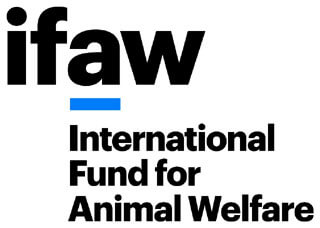 the world, including Cape Cod. With the goal of helping people and animals thrive together, their projects span animal rescue, rehabilitation, and release, habitat protection and restoration, and more.
the world, including Cape Cod. With the goal of helping people and animals thrive together, their projects span animal rescue, rehabilitation, and release, habitat protection and restoration, and more.
Founded in 1969 by Brian Davies to oppose the Canadian Seal Hunt, the organization has grown immensely with offices and project locations around the world. Their efforts span community engagement, disaster response, landscape conservation, marine conservation, marine mammal rescue and research, policy work, wildlife crime, and wildlife rescue. Projects have included combating dolphin strandings, supporting whale protection efforts globally, and countless other projects.
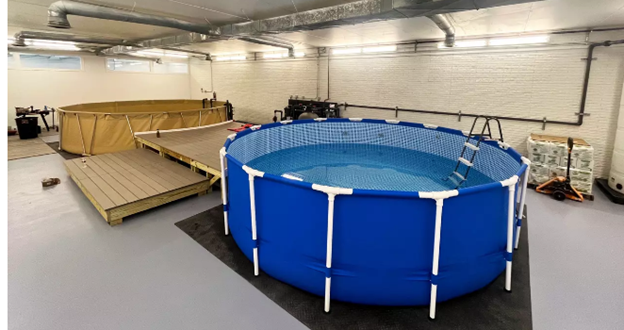
Their international operations center is based in Yarmouth Port, and many of their projects are aimed at protecting marine life and habitats in the waters around Cape Cod. Cape-based projects include entangled seal rescue, saving the North Atlantic Right Whale, stranded marine mammal rescue and research as well as more global efforts aimed at preventing ship/whale collisions, entangled whale rescues, reducing ocean noise, and protecting animals in the aftermath of hurricanes.
New Rehabilitation Facility for Stranded Marine Mammals
Cape Cod is a global hot spot for stranded whales, dolphins, and other marine species. The hook shape of the Cape can trap animals and it is one of the few places where mass stranding events are common. Over the past 25 years, IFAW has been working to rescue these animals during standings and release them back into the wild.
The new Dolphin Rescue Center, that opened recently, with two salt water, treatment pools, allows for a more rapid response to the marine mammals stranded on the Cape. Their rapid response team has honed their technique to the point that nearly 80% of stranded dolphins are successfully released into the wild. The team ended 2023 with 321 responses, including all live and dead responses
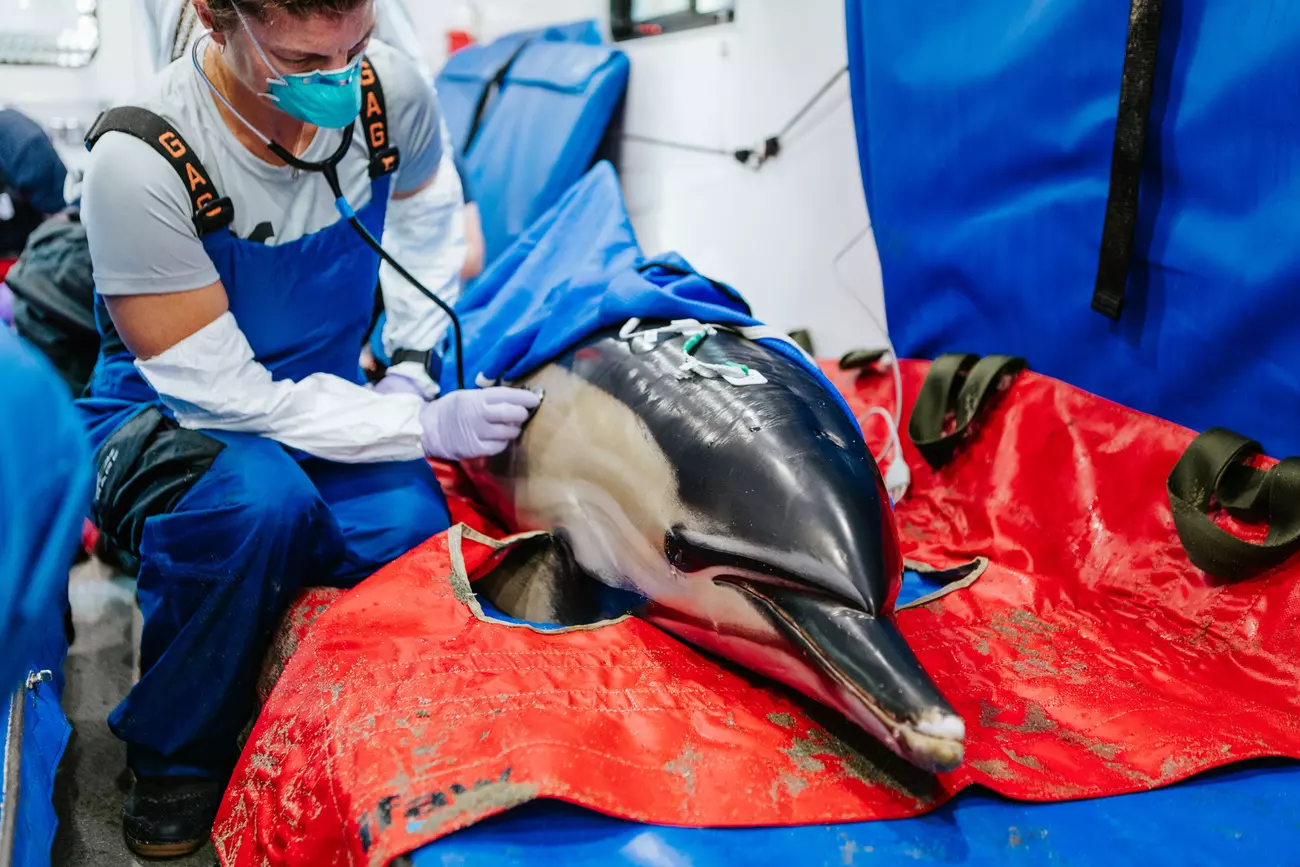
They’ve used data and temporary satellite tags to track the dolphins’ recovery, dispelling the notion that lone stranded dolphins are all sick and must be euthanized. They’ve also done amazing work to improve field health assessments and treatments. For your safety and that of the animal, never approach or touch a stranded marine mammal. To assist in the cause, please report stranded marine mammals on Cape Cod, call IFAW at 508-743-9548.
IFAW’s Efforts in the Entangled Seal Rescue
Seals are getting snared in fishing gear and debris. The entanglements range in severity but can kill the seals. Initial attempts to catch and detangle the seals on Cape Cod did not go well, as the wary animals would slip back into the sea and out of the rescuers reach. Working with partners on the west coast, IFAW has pioneered a new technique for rescuing the seals using precise dosages of sedatives. If you can’t quite picture it, the IFAW has videos of Cape Cod seal rescues using sedation on its YouTube channel.
Saving the North Atlantic Right Whale
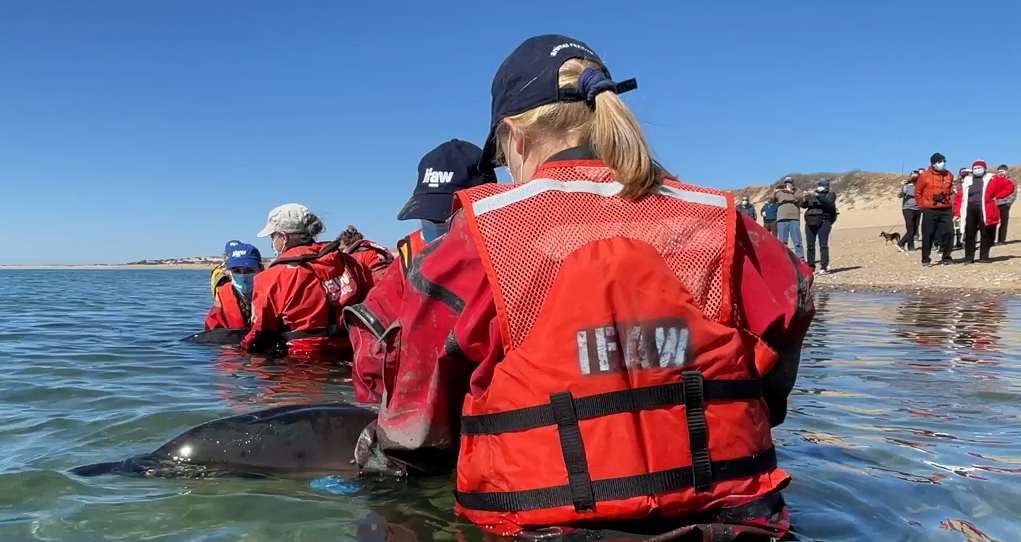
Right whales migrate along the East Coast each spring to their feeding grounds in the waters off of Cape Cod. The species is critically endangered with fewer than 350 individuals left and the species teetering on the edge of extinction. The whales were hunted historically and got their name as Steve Nicholls’ Paradise Found: Nature in America in the Time of Discovery notes because they were the “right” whale to hunt because they floated after they were killed and provided a good source for oil and whalebone (baleen).
These days the right whale faces threats from vessel strikes and entanglement in fishing gear, IFAW is working to build public awareness, push for regulatory change, and promote innovative solutions to the problem. They work with fishermen to advance on-demand gear, ship speed limits, and have worked with partners to develop a whale alert app for shippers to avoid collisions with the critically endangered species. They are also working to rescue entangled whales when possible.
IFAW’s important role in public awareness and education on Cape Cod, helps to promote the importance of marine mammal conservation and the need for coordinated rescue efforts. By their constant collaboration with like-minded conservation agencies on the Cape, IFAW aims to reduce the impact of strandings and contribute to the well-being of marine life in the region.








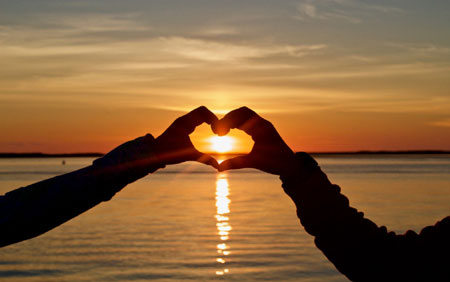
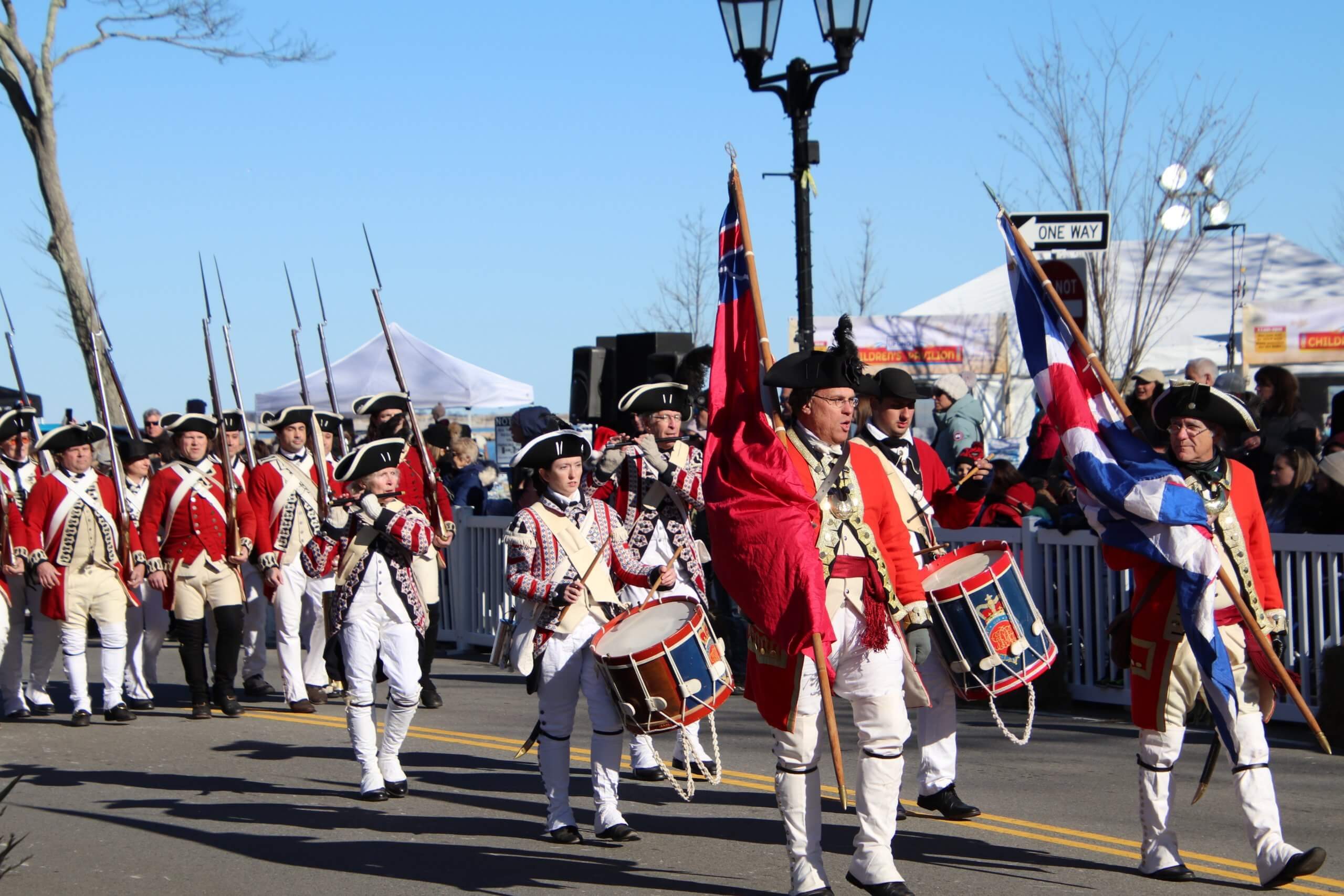

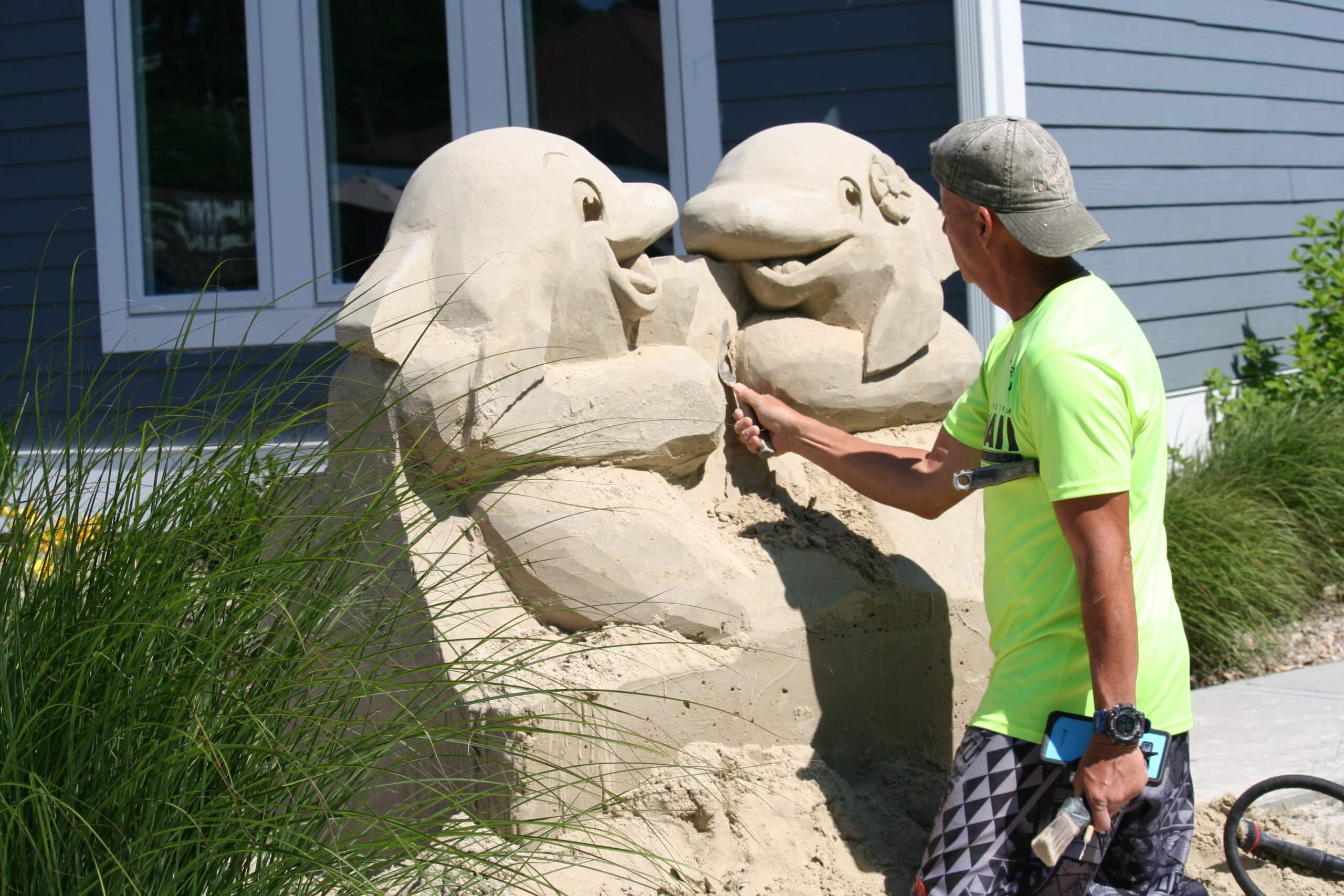
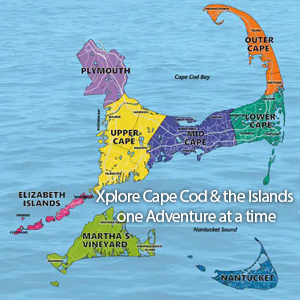
This Post Has 2 Comments
Pingback: National Marine Life Center Saves Stranded Marine Mammals
Pingback: Cape Cod Charities - Supporting Wide Range Causes